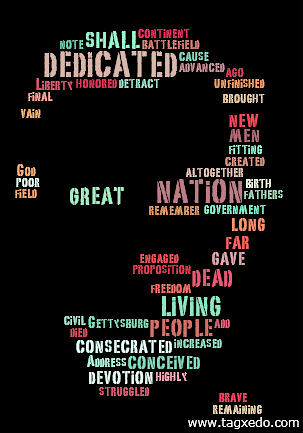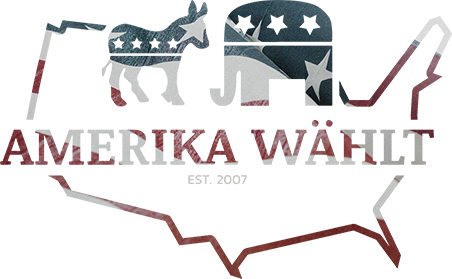Guest Commentary by Nick Ragone

July 4th marks the annual celebration of America’s birth. It’s unquestionably the most revered secular holiday in the United States. The dates proceeding the 4th — July 1-3 — aren’t nearly as celebrated — in fact most Americans are unaware of its significance — but one could argue equally as important in American history.
For it was during those three, sweltering, summer days in a little town called Gettysburg in southeastern Pennsylvania where the most pivotal battle of the American Civil War was fought. It was a turning point in the bloody three year war, for the Union army finally stopped Confederate General Robert E. Lee’s advance in the North. Never again would the Confederacy seriously threaten the Union following their defeat at Gettysburg.
This year marks the 150th anniversary of the battle at Gettysburg, and no doubt the small town was overrun with tourists and battle reenactors looking to celebrate America’s past. The other date connected to Gettysburg, however, falls later in the calendar: November 19th. It was then that President Abraham Lincoln delivered the most memorable speech in American history — maybe in all of history.
The Gettysburg Address, as its known, was as brief as it was impactful. At only 272 words, it took Lincoln a mere three minutes to deliver his remarks commemorating the cemetery that marked the final resting place for the fallen Union combatants. Amazingly enough, Lincoln wasn’t even the keynote speaker that day. That honor fell to former Secretary of State Edward Everett, widely regarded as the most gifted orator of the day. Lincoln’s little address actually followed Everett’s two hour oration. It’s hard to fathom an American President taking second billing at an event of this magnitude, but that was the case.
Standard lore has it that Lincoln quickly wrote the speech while riding the train from Washington DC to Gettysburg the day before the ceremony. In fact, the opposite is true: he spent weeks carefully crafting his remarks — he painstakingly labored over each word — in an effort to subtlety shift the meaning of the war in the mind of the public.
In Lincoln’s mind, no longer was the war simply about preserving the Union. „We here highly resolve that these dead shall not have died in vain,“ he closed the speech, „that this nation, under God, shall have a new birth of freedom — and that the government of the people, by the people, for the people, shall not perish from the earth.“
It was the first time Lincoln fused the idea of union with universal freedom. The war was more than just a way to hold the Union together. Now it was about freedom and equality for all Americans. It was a subtle, but important, shift — one that would re-make the American landscape forever thereafter.
Nick Ragone is a partner and Director of Ketchum’s Washington office and author of Presidential Leadership: 15 Decisions that Changed the Nation.

0 Kommentare